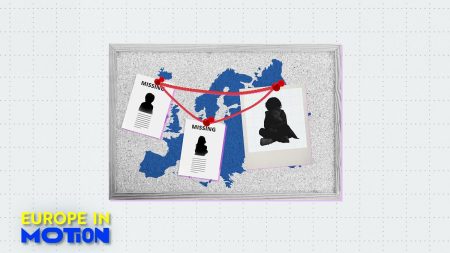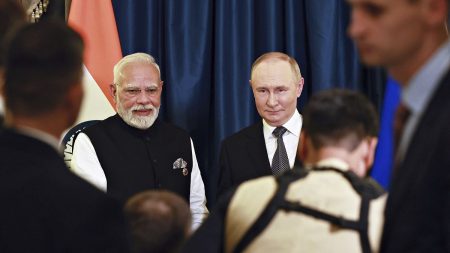Summarize this content to 2000 words in 6 paragraphs in Arabic
Last minute campaigns are spreading on social media platforms aimed at discouraging people from voting in the EU elections this week, the European Parliament warned yesterday (5 June). We look at some examples circulated across the bloc, and consider whether they are effective.
Italy: stay at homeADVERTISEMENTAn abstentionist movement seems to be growing in Italy. Under the hashtags #iononvoto (I don’t vote) and #iorestoacasa (I stay at home), thousands of users on X indicate they will not participate in the election and reject the political system. According to an EU Parliament spokesperson, who identified and reported this movement, they aim to dissuade other citizens from going to the polls this Saturday and Sunday. “It is a narrative we saw during past elections repeat over again [that] elections would not be free and fair,” the spokesperson said today (June 6). This hashtag has indeed been used previously in 2014 and 2022 national votes. These posts are often accompanied by photo or video montages aiming to ridicule politicians and their parties. While the content varies, some recurring themes include the rejection of the EU, hostility towards migrants, distrust of vaccines, and the refusal to send Italian troops to aid Ukraine, thus suggesting possible Russian intervention. Germany: tick the (right) boxGerman voters were hit with pictures on TikTok instructing them on how to mark their ballots when casting their votes in the EU elections. The posts warn that a cross that fits inside the circle is correct and will be counted, while a cross that extends beyond its edges is wrong and will be disqualified. The claim is that this is a plot against Germany’s far-right Alternative for Germany (AfD) party, Euronews reported. According to the fake news accounts, electoral officers would be checking to ensure that any votes in favor of AfD alone fit within the circle and don’t exceed the margins; otherwise, they’ll be considered void. However, Germany’s electoral law says that voters can mark their ballots by putting a cross in the circle or “by some other way”. Another issue with postal votes caused confusion: some messages on X claim that ballot papers with cut corners are invalid. However, this is also wrong. The German electoral law states that a postal ballot is cut off at the corners to accommodate visually impaired people. Spain and France: invalid votingDisinformation is not always organised from abroad and can stem from individual initiatives with humorous or deceptive intentions. A handful of Spanish users shared with their followers a “technique” that supposedly allows for “dual voting”. They claimed that by inserting two ballots into the envelope and adding a handwritten percentage note, it would be possible to split their vote between two parties. This trick is not effective, because it will make the vote invalid. The accompanying photos always show a split vote between the Partido Popular (PPE) and Vox (ECR) and come from accounts of users who previously supported left-wing positions—indicating that they aim to deceive right-wing voters. In France, while the pro-Palestinian cause is a prominent topic in the campaign of the far-left party La France Insoumise, people hostile to the party suggested adding a drawing of a Palestinian flag on the ballot to show their support. This misleading suggestion, whether humorous or malicious, was taken seriously by some X users as well as party officials, including deputy Manuel Bompard, who called out the author of one of the tweets, accusing her of trying to “mislead voters. The result would be spoiled ballots.Foreign interferenceBesides these domestic efforts to spread confusion, EU-related misinformation by foreign actors is surging to its highest-ever levels. The European Digital Media Observatory (EDMO), an independent fact-checking network, published research on Tuesday that showed disinformation about EU policies or institutions made up 15% of all cases they detected in May – the highest value seen since they started tracking EU misinformation in 2023. However, Meta – which owns Instagram and Facebook – said in its threat report published late last month, that malicious attempts to influence users on its platforms mostly focused on local rather than the upcoming EU elections. The tech giant said it did not see any evidence that these clusters were gaining traction among users.
رائح الآن
rewrite this title in Arabic Who wants to stop people going to the polls for the European elections, and why?
مقالات ذات صلة
مال واعمال
مواضيع رائجة
النشرة البريدية
اشترك للحصول على اخر الأخبار لحظة بلحظة الى بريدك الإلكتروني.
© 2026 جلوب تايم لاين. جميع الحقوق محفوظة.















